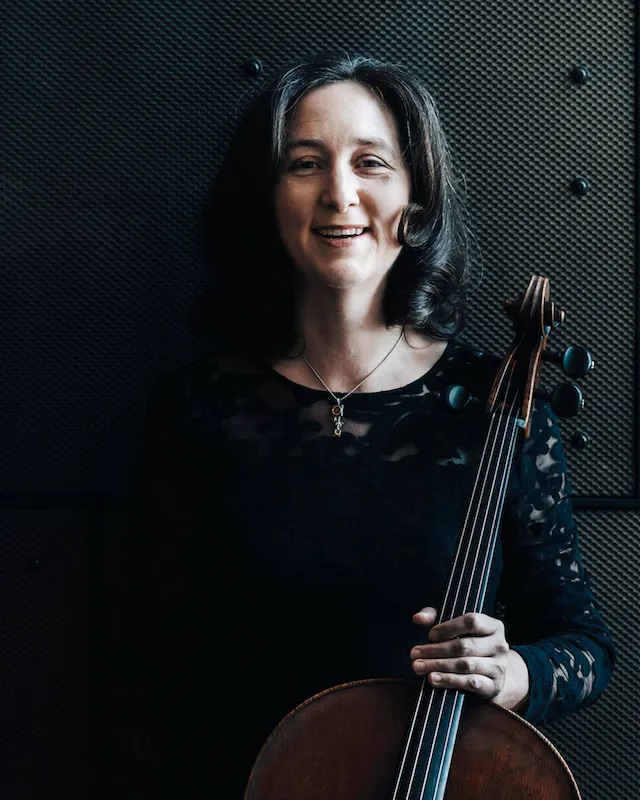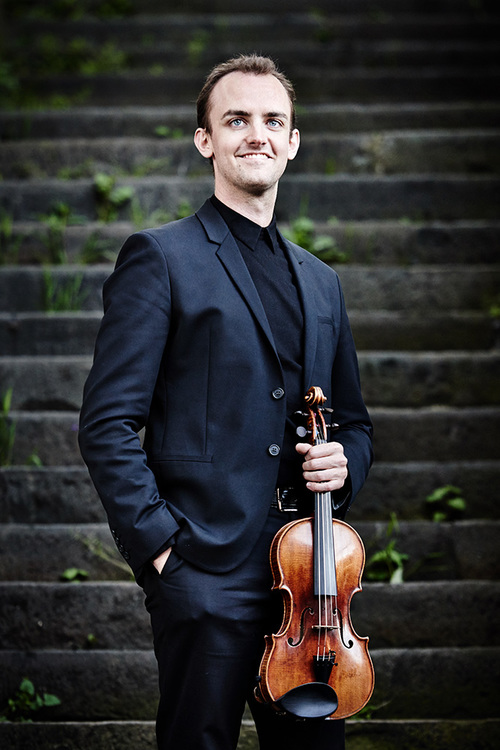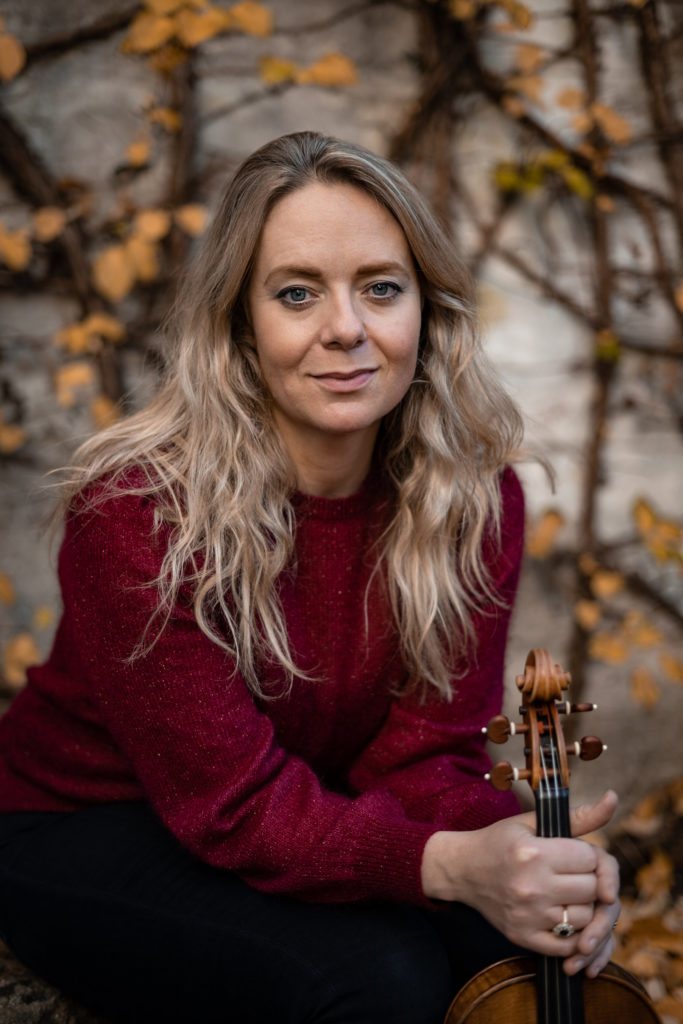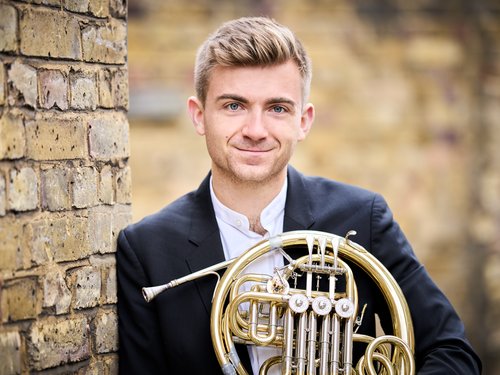
WHEN standards are already so high, it is hard to imagine that the best wine has been kept till last. Yet this final afternoon devoted to Schubert surpassed everything else I had experienced at this year’s North York Moors Chamber Music Festival. It was nothing short of sensational.
The ‘Trout’ Piano Quintet, D.667, was preceded by the B flat Piano Trio, D.898. The performers in the latter were violinist Benjamin Baker, cellist Alice Neary and pianist Daniel Lebhardt. Their ensemble was so taut, so larded with deep understanding and leavened with the utmost sensitivity to each other, that it seemed certain that they had collaborated before.
Within this delightfully Viennese pastry the ensemble gently drew attention to any number of Schubertian subtleties, teasing our tastebuds with the smallest of details, so that the total confection was constantly riveting.
When the breezy first movement’s second theme arrived, beautifully enunciated by Neary, it was impeccably emulated by Baker; they were in perfect agreement. The pause in the recapitulation was tantalisingly elongated, thanks to Lebhardt.
The slow movement was a lovely contrast, ruminative, thoughtful, even subdued. Its very intimacy drew us in, so that when the piano thinned down to a single line near the end, it was riveting in its simplicity.

The crisp Scherzo was balanced by an extremely smooth, legato Trio, while the frisky final Rondo was light on its feet, positively balletic. I do not expect to hear this account bettered. Equalled, perhaps, but never bettered. I would not be surprised if this threesome were to perform regularly outside this festival. It was no surprise to learn that Neary is to join Baker as a special guest at his New Zealand festival, At The World’s Edge, in October.
A completely new team took over for the ‘Trout’. It did not quite live up to its predecessor in the programme but was nevertheless extremely satisfying. Schubert wrote it while enjoying a holiday in the glorious countryside around Steyr, about 100 miles west of Vienna. So it was fitting that we should enjoy the piece in a rural setting.
The quintet, led by violinist Charlotte Scott, got off to an engaging start, with ensemble always taut. Her fellow string players were violist Simone van der Giessen, cellist Jamie Walton and bassist Siret Lust, with Christian Chamorel the eloquent pianist. But it was not until the second movement Andante that colours really began to emerge, highlighted by the close-knit duet between viola and cello, as also leavened by the rare streak of melancholy here.
After a brilliant scherzo, the variations that give the work its nick-name were slightly under-characterised, the song theme needing a touch more emphasis. Throughout I felt we required a little more from the double bass, which carries less well than the higher voices in this marquee. The finale was given its superb rhythmic impetus by Chamorel’s intelligent pianism.
This concert underlined the magic ingredient of the whole festival: spontaneity. Chamber music, at least outside London, is so often experienced at the hands of groups who repeat the same programme while touring. Many are extremely proficient. But they may lack the freshness that is always on display here, and the calibre of performers is unrivalled by any similar festival. Long may it thrive.
Review by Martin Dreyer


